The assignment for each of us, #ShareYourLove, is both intriguing and daunting. What do we love? This reporter loves many things. But reading and listening seem to be especially appropriate here.
For visitors to this city and region who need to know what’s happening in the area during their stay—especially those tidbits that might have a direct effect on their “what and where” plans—several outlets are available. Need a good dose of “local color” news, weather, and sports? This region has you covered.
 Morning at City Dock. Photo Credit: Annapolis Parking
Morning at City Dock. Photo Credit: Annapolis Parking
Those who like (need?) a newspaper to go with their coffee and breakfast should seek out The Capital (available at select street-side coin boxes and grocery and convenience stores around town). Now a morning daily under the umbrella name Capital Gazette, the paper was founded in 1884 as The Evening Capital. In the twists and turns of the periodical publishing industry of late, the paper has been, as of 2014, a property of Baltimore Sun Media, which is now overseen by Tribune Publishing in Chicago.
Not only do The Capital’s reporters go in depth on coverage of emergency events such as fires, accidents, and crime, they also delve into city, county, and state issues that affect those who live here as well as those who choose this as a vacation destination or are just passing through. Since Annapolis is Maryland’s capital city, legislative news is of course top priority during the annual mid-winter session in the State House.
 Capital Gazette published issue the day after the newsroom tragedy. Photo credit: NY Post
Capital Gazette published issue the day after the newsroom tragedy. Photo credit: NY Post
The newspaper made unwanted nationwide headlines in June 2018, when five of its staff were gunned down in its newsroom. Reporter Chase Cook’s statement in the aftermath of the shooting, “I can tell you this. We’re putting out a damn paper tomorrow,” became a mantra, leading to recognition of The Capital staff by TIME magazine as one of the journalistic “Guardians” honored as its “Person of the Year,” and by way of a special Pulitzer Prize citation.
The appropriately titled Bay Weekly, a quirky tabloid-style paper touted as “the area’s only independent newspaper,” seemed doomed last year to be another victim of a national downturn in interest and demand for news, at least on paper. But it clearly had a strong and vociferous following since 1993 that caught the attention of Chesapeake Bay Magazine, which took control just before Bay Weekly was to close at the end of 2019. Founding Editor and Publisher Sandra Olivetti had even gone so far as to say thank-you and good-bye to the paper’s faithful readers in her regular editorial. Happily, Bay Weekly is no longer on life-support, and it’s still available free at various locations throughout the city and surrounding area.
Want to hear local news, traffic, and weather broadcasts, old hit music, and city-oriented talk shows? Visitors with classic AM/FM radio in their cars or their lodgings, or would rather listen on their favorite device, should consider setting the dial to 1430 AM, “99.9 FM in the city,” or www.1430wnav.com to get “the information you need, and the music you know,” as advertised.
 Pat Sajak at WNAV 70th Anniversary Celebration. Photo credit: WNAV Facebook Page
Pat Sajak at WNAV 70th Anniversary Celebration. Photo credit: WNAV Facebook Page
WNAV just celebrated its 70th anniversary last July, and it shows no signs of changing anytime soon. The station is on Admiral Drive (in its original building) and has NAV in its call letters to signify its long-time relationship with the Naval Academy and its designation as the flagship station for Navy sports.
It’s all part of Sajak Broadcasting, a name that might be familiar to anyone who watches or has watched TV game shows. That’s right, “Wheel of Fortune” host Pat Sajak owns the company and even has his own talk show on the station, “I’ve Been Thinking About….” Tune in 24 hours a day for such spots as “The Weatherbug Forecast,” traffic reports, Wall Street stats, Chesapeake Bay tide times and wind and wave conditions, CBS News on the Hour, and other important info from the in-house newsroom. WNAV’s time-tested format has it all.
 Photo courtesy of the author.
Photo courtesy of the author.
Not quite a year ago, three sections of the freshman Political Science class on “American Government” gathered for extra-credit points in a theater-seating classroom at the U.S. Naval Academy. The subject was “The Media,” and the guest speaker began his presentation with three simple questions.
“How many of you read a newspaper?” Not one student raised a hand. “How many of you watch news on television or listen to it on the radio?” Same response (with one midshipman heard whispering “radio?”). Next question: “How many communicate on social media?” Every single person in the room raised a hand. The speaker’s observation: “That makes each of you a journalist. But, unlike professionals, you are required to answer to no one, except yourselves.”
In this short time, the only one in the room who seemed to be getting an education was the guest speaker, who happened to be the “journalist” writing this very post, and who still has a “love of news.”









